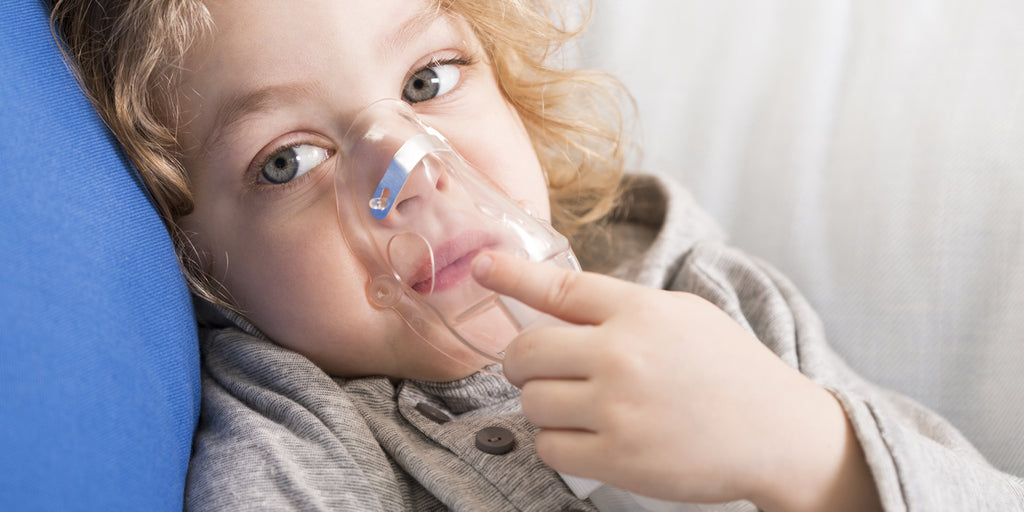There is increasing evidence to show that a high exposure to polluted air can lead to serious health problems in children that will have implications for their entire lives.
Poor air quality
Air pollution has been one of the big domestic issues this year, as the Government has struggled to tackle the problem of poor air quality, especially in our major cities.
This led to a pledge to ban the sale of all new petrol and diesel cars and vans from 2040 amid fears that rising levels of
40,000 deaths
The starting point for this important national debate was a report published by the Royal College of Paediatrics and Child Health (RCPCH) at the back end of 2016, which laid out the frightening risks air pollution poses to our country’s children.
The report: ‘Every breath we take: the lifelong impact of air pollution’ - found that around 40,000 deaths a year in the UK are linked in some way to air pollution, and that high exposure to toxic traffic fumes can lead to serious health problems in children that will impact their entire lives.
Asthma crisis
According to Professor Jonathan Grigg at the RCPH there is emerging evidence that high levels of air pollution can affect mental and physical development, and that it is associated with reduced lung growth during childhood and increased risk of developing asthma.
This terrible trend is borne out by figures from the Asthma UK, which says a child is admitted to hospital every 20 minutes because of an asthma attack.
In addition, the charity states that on average there are three children with asthma in every classroom in the UK, which has among the highest prevalence rates of asthma symptoms in children worldwide.
Indoor pollutants
Beyond this, Prof Grigg also points to the problems of air pollutants in the home as being a major health worry. Of particular concern are volatile organic compounds (VOCs), such as formaldehyde, which can be found in furniture, cleaning products, air fresheners, paints and carpets. Research suggests VOCs can irritate the lungs, particularly in children.
And it is the people who are exposed to indoor air pollutants for the longest periods of time - such as the young, the elderly and the chronically ill – who are often the worse affected.
It is a sobering thought then, to consider we spend around 26 years of our life sleeping in our home.
A national shame
The RCPH has made some recommendations, such as encouraging people to walk or cycle instead of using cars; aiming for energy efficiency in our homes; and helping people to learn more about air quality and staying informed.
At Little Knights, we say these and other improvements can’t come quick enough, as what appears to be the extent of this health crisis is nothing short of being a national shame.
Improving indoor air quality – why we have developed Little Knights
Improving the quality of air in homes is an issue close to our hearts at Little Knights and a key driver for why we have developed our paints. Our nursery range is as safe as household paint gets – it's completely odourless, non-allergenic and 100% VOC-free.
What’s more, Little Knights paint actively helps to improve the quality of the air in homes.
This is because it contains a unique monomer that bonds with formaldehyde molecules that have been released from other household products and transforms them into harmless vapour.
Our paints also have an antibacterial additive developed by our parent company, Tetramass, which means the growth of dangerous mould and mildew is inhibited by Little Knights paint.
We will continue to raise awareness of the important issue of indoor pollution and are happy to discuss what you can do to improve the air quality in your home and how Little Knight paints can help. Please contact us on 01604 781009 or email info@little-knights.co.uk


